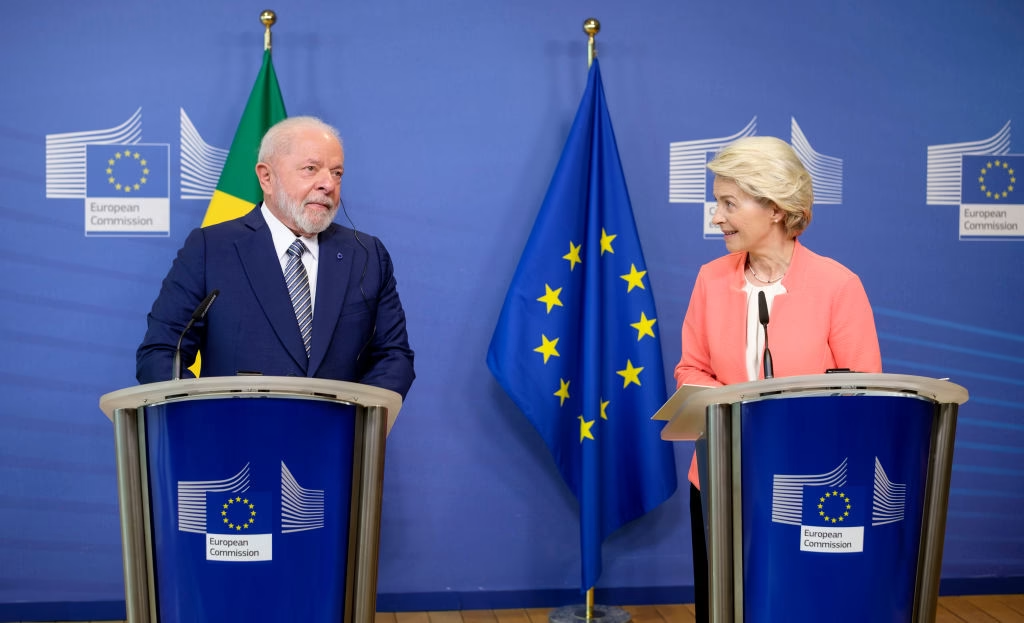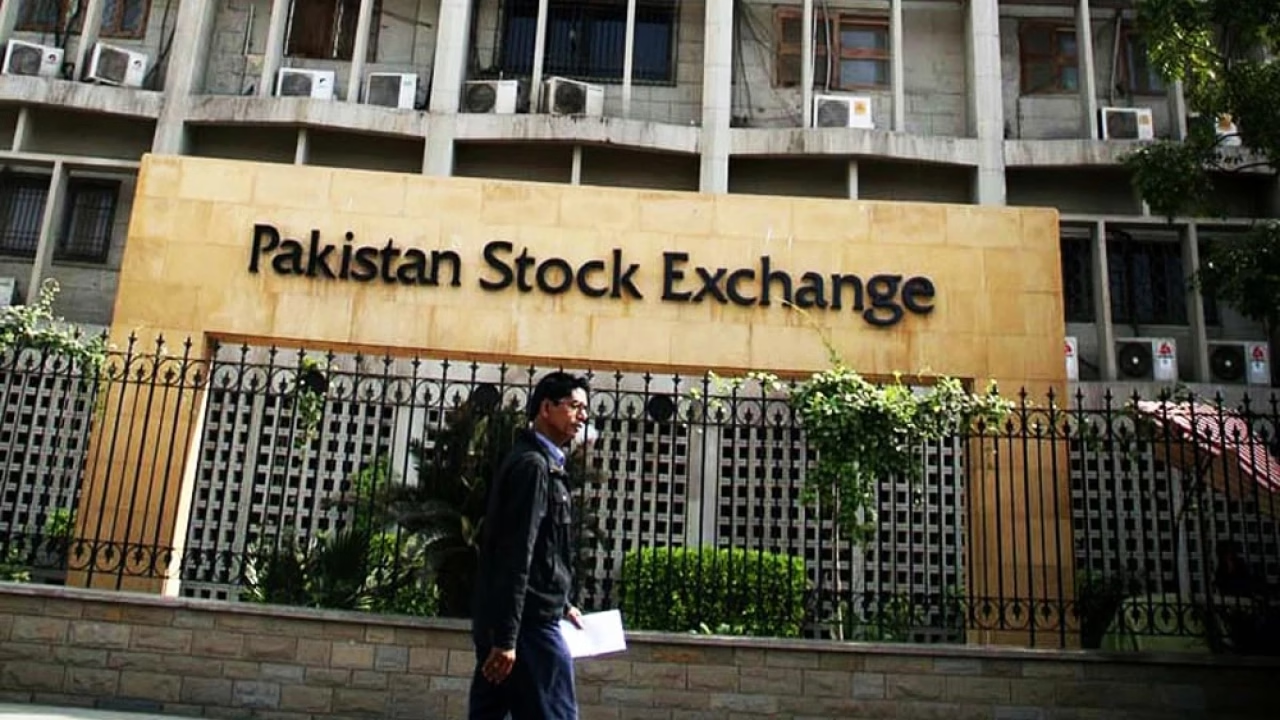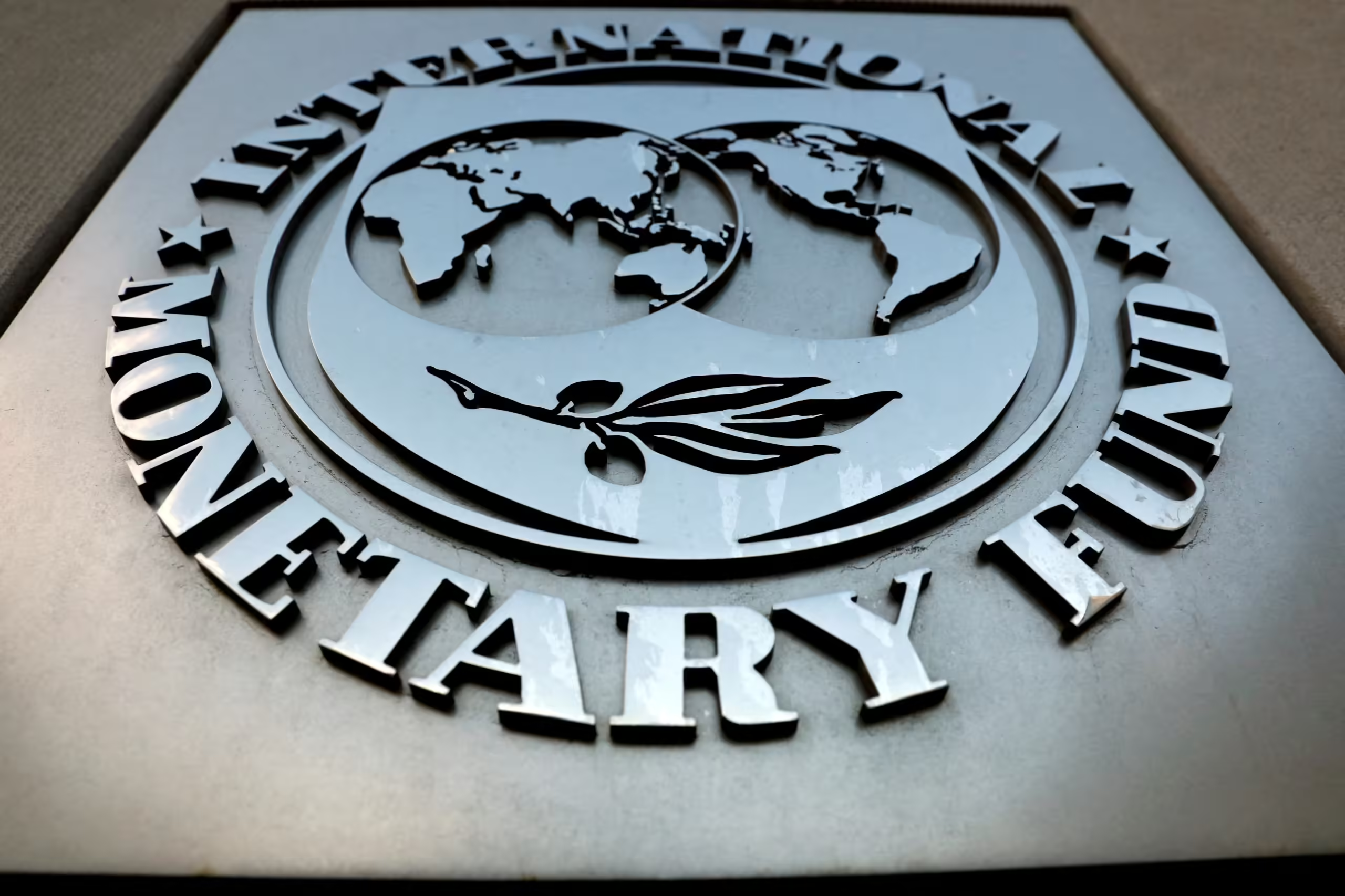After 25 years of negotiations, the European Union and the Mercosur bloc (Brazil, Argentina, Uruguay, Paraguay, and Bolivia) reached a historic free trade agreement on Friday. If ratified, the deal will create one of the world’s largest free trade zones, covering 780 million people and nearly 25% of global GDP.
Key Benefits of the Deal
- Economic Gains: The agreement is expected to save businesses $4.26 billion annually in tariffs by easing trade barriers on products such as Italian wine, Argentine beef, Brazilian oranges, and German cars.
- Market Expansion: Brazil anticipates an increase of $7 billion in exports to Europe. The agreement also offers streamlined customs processes and preferential access to resources.
Challenges and Opposition
- French Resistance: French President Emmanuel Macron has called the deal “unacceptable,” citing concerns for local farmers and the environment. France is rallying support from countries like Austria, Belgium, Italy, the Netherlands, and Poland to block the pact.
- Environmental Issues: Critics argue that Mercosur nations do not adhere to the same standards for animal welfare and pesticide regulations. Past deforestation in the Amazon rainforest under former Brazilian President Jair Bolsonaro raised alarms.
Geopolitical Impact
- Strategic Alliance: European Commission President Ursula von der Leyen praised the deal for promoting global trade at a time of rising protectionism.
- Mercosur’s Growth: For Mercosur, this marks the first major trade agreement beyond smaller deals with Egypt, Israel, and Singapore. Leaders like Brazil’s President Luiz Inácio Lula da Silva and Argentina’s President Javier Milei celebrated the agreement’s potential to boost exports and investment.
Next Steps and Uncertainty
- Ratification Process: The deal requires approval from all 27 EU member states and the European Parliament. Based on past agreements like CETA (EU-Canada), ratification could take years.
- Political Shifts: The changing political landscape in South America, with Lula advocating for environmental protection and Milei promoting free-market policies, has revived momentum for the agreement.
The accord represents a significant step in international trade, but challenges from European farmers, environmentalists, and national interests may still delay or derail its implementation.



